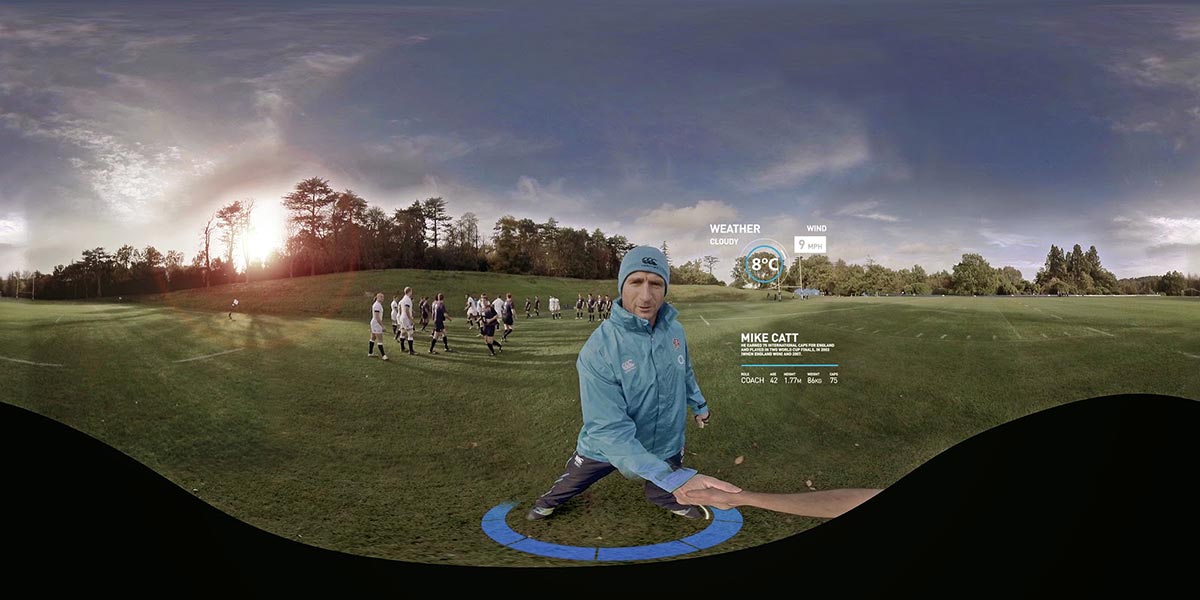In recent years virtual reality (VR) technology has made its way into the world of professional sports training. From basketball to football all sports athletes are increasingly turning to VR to improve their skills and enhance their performance on the field. The benefits of virtual reality training are clear, and many professional sports players and organizations are now investing in this technology to stay ahead of the game in recent times.
One of the biggest advantages of virtual reality training is the ability to create realistic simulations of game situations. By using VR headsets and specialized software, athletes can experience realistic scenarios that mimic the intensity of actual games. This allows them to practice their skills in a safe and controlled environment, without the risk of injury or fatigue.
Another benefit of virtual reality training is the ability to track and analyze an athlete’s performance. By using sensors and motion-tracking technology, coaches and trainers can gather valuable data on an athlete’s movements and technique. This data can then be used to identify areas for improvement and develop personalized training plans.
Virtual reality training can also be used to enhance an athlete’s mental preparation. By immersing athletes in virtual environments that simulate high-pressure situations, such as a crucial game-winning shot, athletes can develop the mental toughness and focus necessary to succeed in high-stress situations.
Many professional sports teams and organizations have already embraced virtual reality training as a crucial part of their training programs. For example, the NBA has partnered with VR training company STRIVR to develop customized VR simulations for teams and players. Similarly, the NFL has invested in VR training technology to help players improve their decision-making skills on the field.
As the technology continues to evolve, virtual reality training is likely to become an even more important tool for professional athletes. With its ability to create realistic simulations, track performance data, and enhance mental preparation, VR training is poised to become the new norm in professional sports training.
Virtual reality training is quickly becoming a crucial component of professional sports training programs. With its ability to create realistic simulations, track performance data, and enhance mental preparation, VR technology is helping athletes improve their skills and achieve peak performance on the field. As more teams and organizations invest in this technology, we can expect to see even more advancements and innovations in the world of virtual reality sports training.

The Great Writer and The Passionate Poet As Well, He Graduated from University Of Florida in Journalism and Brad have around 12 years of experience in news and media section.
